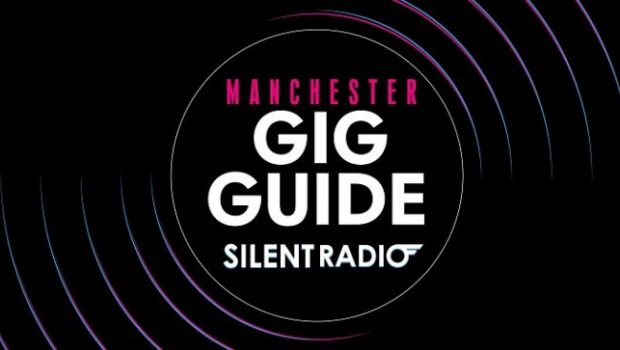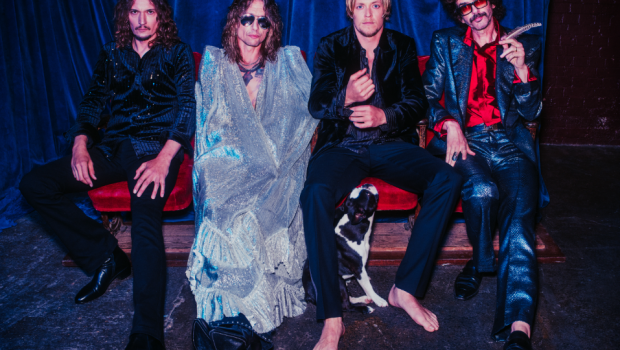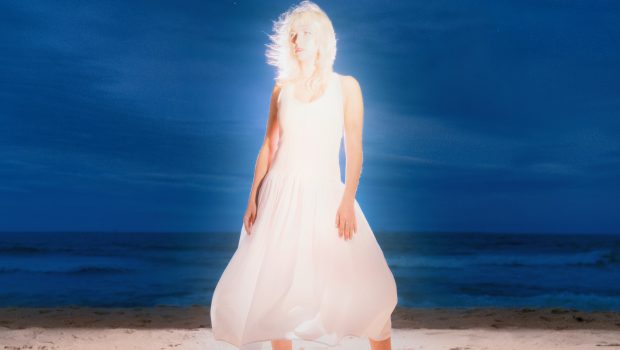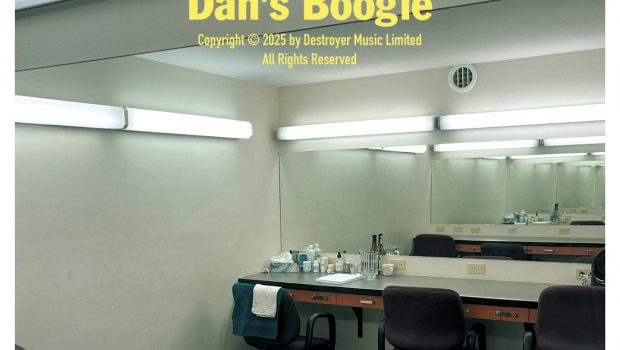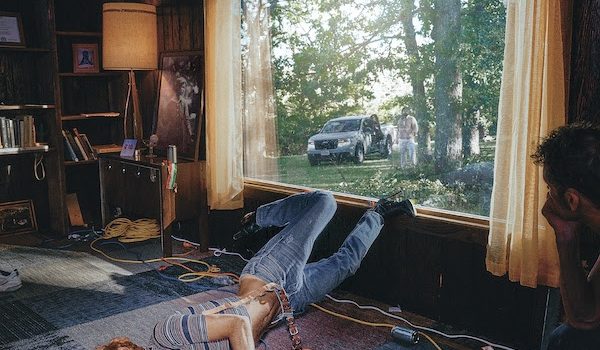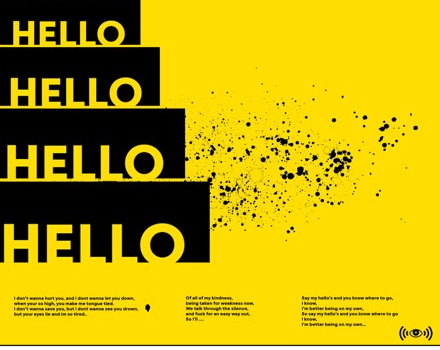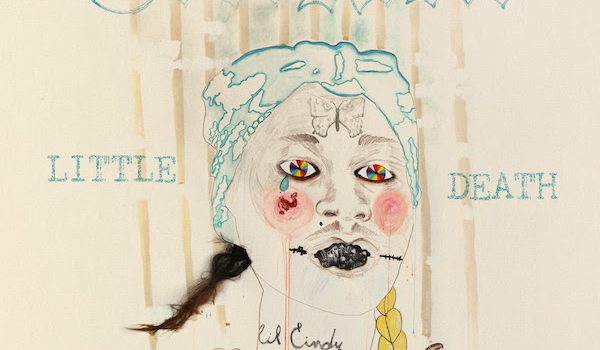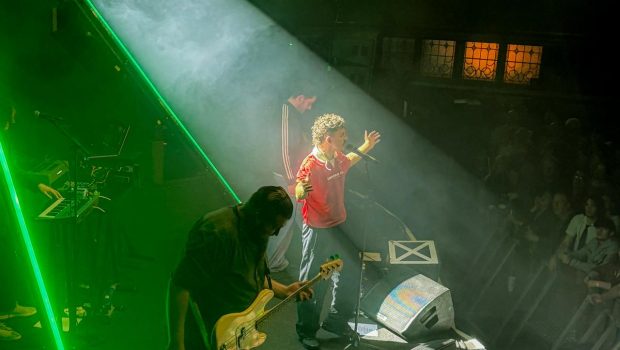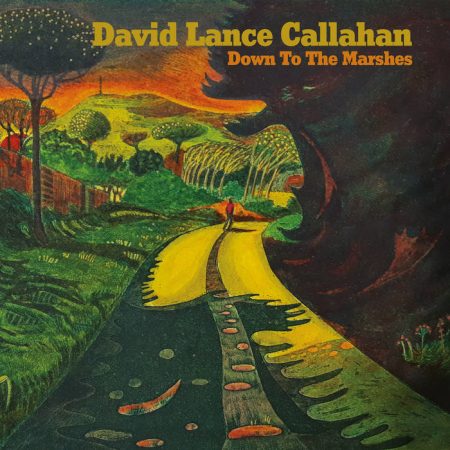 On his Bandcamp page, ‘Down to the Marshes’ is self-proclaimed as being David Lance Callahan’s third and best album, as well as being touted as a masterpiece. These are heady claims, especially as his first two solo albums, ‘English Primitive I & II’ were startling works that drew deserved hyperbole from the more discerning music journalists. Let’s look inside and see whether the latest claims are justified.
On his Bandcamp page, ‘Down to the Marshes’ is self-proclaimed as being David Lance Callahan’s third and best album, as well as being touted as a masterpiece. These are heady claims, especially as his first two solo albums, ‘English Primitive I & II’ were startling works that drew deserved hyperbole from the more discerning music journalists. Let’s look inside and see whether the latest claims are justified.
‘Down to the Marshes’ begins with ‘The Spirit World’ which takes its mood from Hilary Mantel’s ‘Beyond Black’ and finds Callahan accompanied by regular drummer, Daren Garratt, together with The Clientele’s Mel Draisey on violin and harmonies, Terry Edwards (most recently of PJ Harvey’s band) as a one-man Salvation Army band and Cathy Gerbrand on musical saw. The instrumentation confirms that despite the strummed guitar, this is not going to be a conventional musical journey even though that description could be applied to the song’s inhabitants. ‘The Spirit World’ is the stereotypical vision of English suburbia in the 1950s/early 1960s, weedless garden beds and “Temperature controlled at a moderate 71 degrees Fahrenheit / These are the English dead / They don’t have centigrade yet”, a set of lines that accord with Callahan’s lyrical qualities, short story descriptive with an acerbic edge.
The title track is distinguished by some wonderful guitar playing, a contorting combination of blues and Indian modalities, enhanced by strings and horns. The music is forward-looking while the lyrical tone is wistful with its mentions of breezes, marshes and streams with “fragments of our lives were dropped just like a cricket ball” and indication of daily struggle “we became a family that must be clothed and fed”.
‘Refugee Blues’ is an updating of W.H. Auden’s poem of German Jews fleeing the Nazis. Over rotating guitar lines and gently tinkling percussion, Callahan’s vocals drop a register into a growl as he describes obstructive bureaucracy (“If you’ve got no passport, you’re officially dead”) and mob orators (“If we let them in, they’ll steal our daily bread”) Although written before England’s summer riots, it anticipates the inevitable result of the hateful mood stirred up by the media and shameful political manipulators like Farage. It is timely in the extreme.
To a tangled drum pattern around which guitars wrap itself, ‘Kiss Chase’ is musically exhilarating and uses the child’s game as a metaphor for romantic pursuit and how it is a childish imitation of the real thing, love.
‘The Montgomery’ is a muted maritime tale of explosives, private yachts and cockleboats but makes a less immediate impact than its compatriots. ‘Father Thames and Mother London’ is a more musically tempestuous piece with flourishes from the horn section while Callahan’s portrayal of the capital takes aim at “all the queueing gawpers / who pay for a cartoon bloody dungeon” and ponders the place’s impersonal nature (“how can you not know the name of who lives next to you.”)
Callahan is also a professional writer about ornithology and uses ‘Robin Reliant’ as a celebration of the bird rather than an old motorcar (“As your soul tumbles from its darkest night… I’ll be singing right outside”). From its opening gentle guitar which gains momentum to its horn fanfare, it comes closest to his original band, The Wolfhounds, and is thrilling. The album closes with ‘Island Home’, an ambient folk ode, in its references to safe harbours and going it alone, it returns to some of the album’s themes.
Over its eight tracks, ‘Down to the Marshes’ is an absolute delight. Musically, it stirs together arcane folk, Indian modalities and complex post-Beefheart blues with pop melodicism to create an intoxicating brew. Callahan remains one of the sharpest contemporary lyricists providing a distinctive slant on politics, character sketches and nature. He has set himself a high bar but this is certainly among his finest work.
David Lance Callahan: Down to the Marshes – Out 27th September 2024 (Tiny Global Production)



